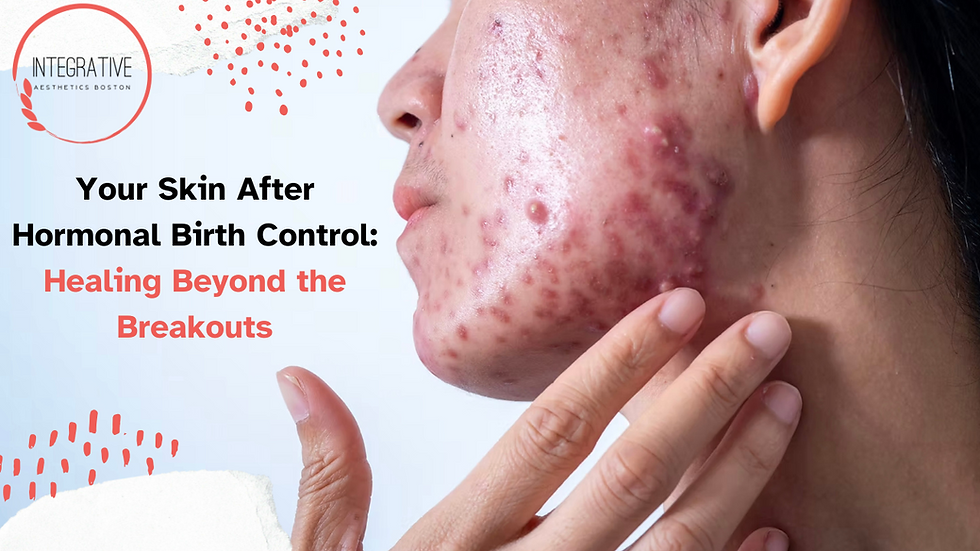Vitamin-D & Skin Health
- Noemí Paola

- May 14, 2020
- 1 min read
Updated: Mar 5

Did you know Vitamin D is also a hormone? A deficiency or excess can manifest in your skin. Vitamin-D optimal level in the body is vital for proper skin function. Here is why: ⠀⠀ Maintains the skin’s lipid barrier function. It regulates the making of ceramides in the skin that are critical for the skin's barrier formation. Conditions like psoriasis, eczema, rosacea, and dermatitis are associated with an impaired barrier function. Regulates cell turnover.
Vitamin-D3 and its receptor directly affect skin cell renewal by affecting keratinocyte proliferation (multiplication) and differentiation (growth and maturation). Regulates the skin’s natural immune response. Vitamin D helps activate the innate immune response in the skin, thus preventing the spread of infection. This mechanism may play a role in regulating acne-causing bacteria. ⠀ Regulates autoimmune response by suppressing proinflammatory cytokines in the skin. Many autoimmune conditions are associated with vitamin D deficiency or mutations in its receptor. Psoriasis, eczema, rosacea, and dermatitis all have an autoimmune component. ⠀ Before starting supplementation, it is best to know your levels first, not to take it alone. Other minerals and vitamins are also needed for proper absorption and use by the body.
For a personalized recommendation, book a virtual skin consultation here.





